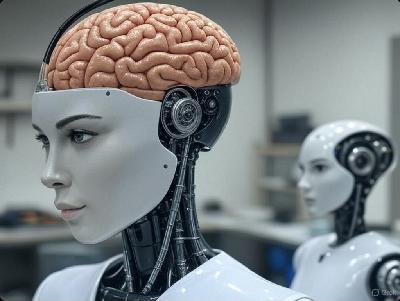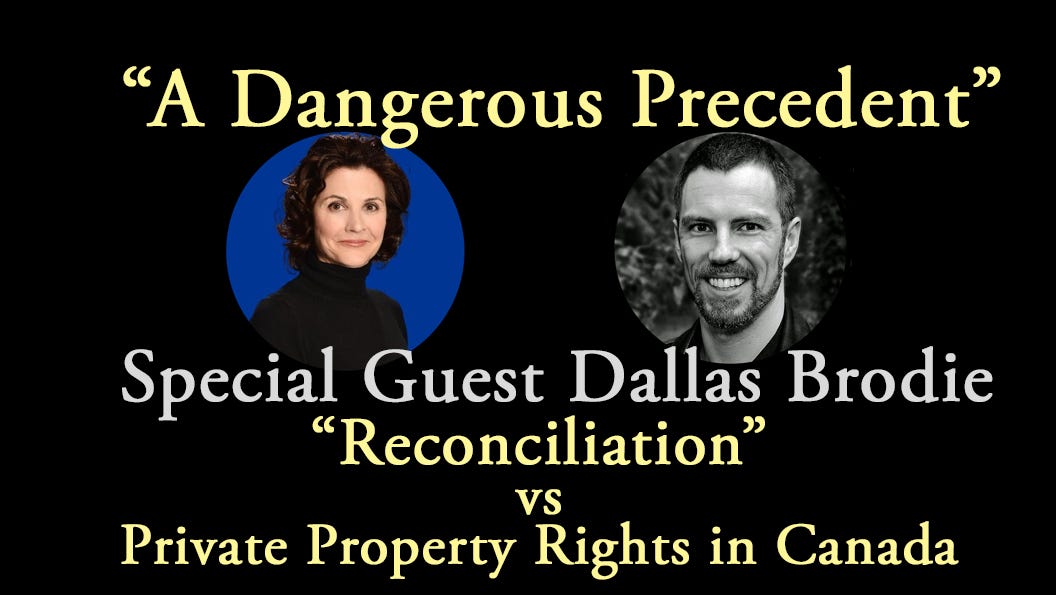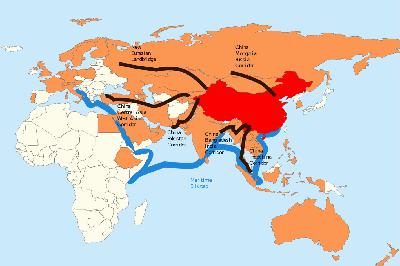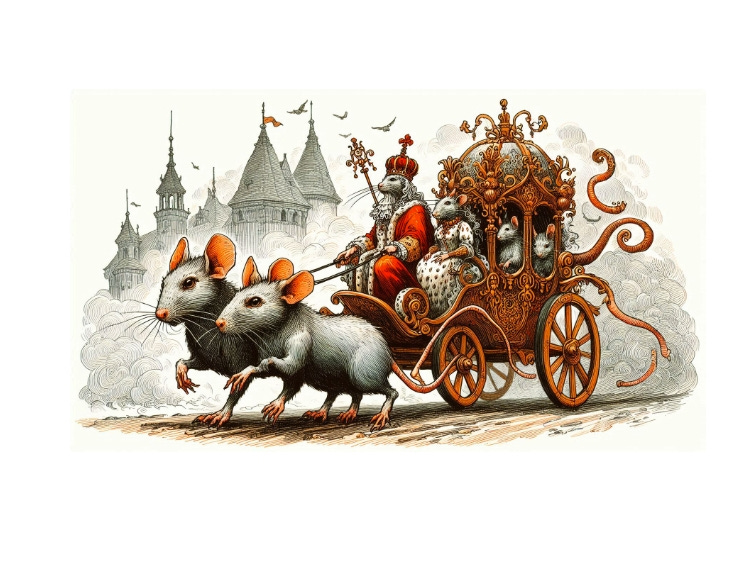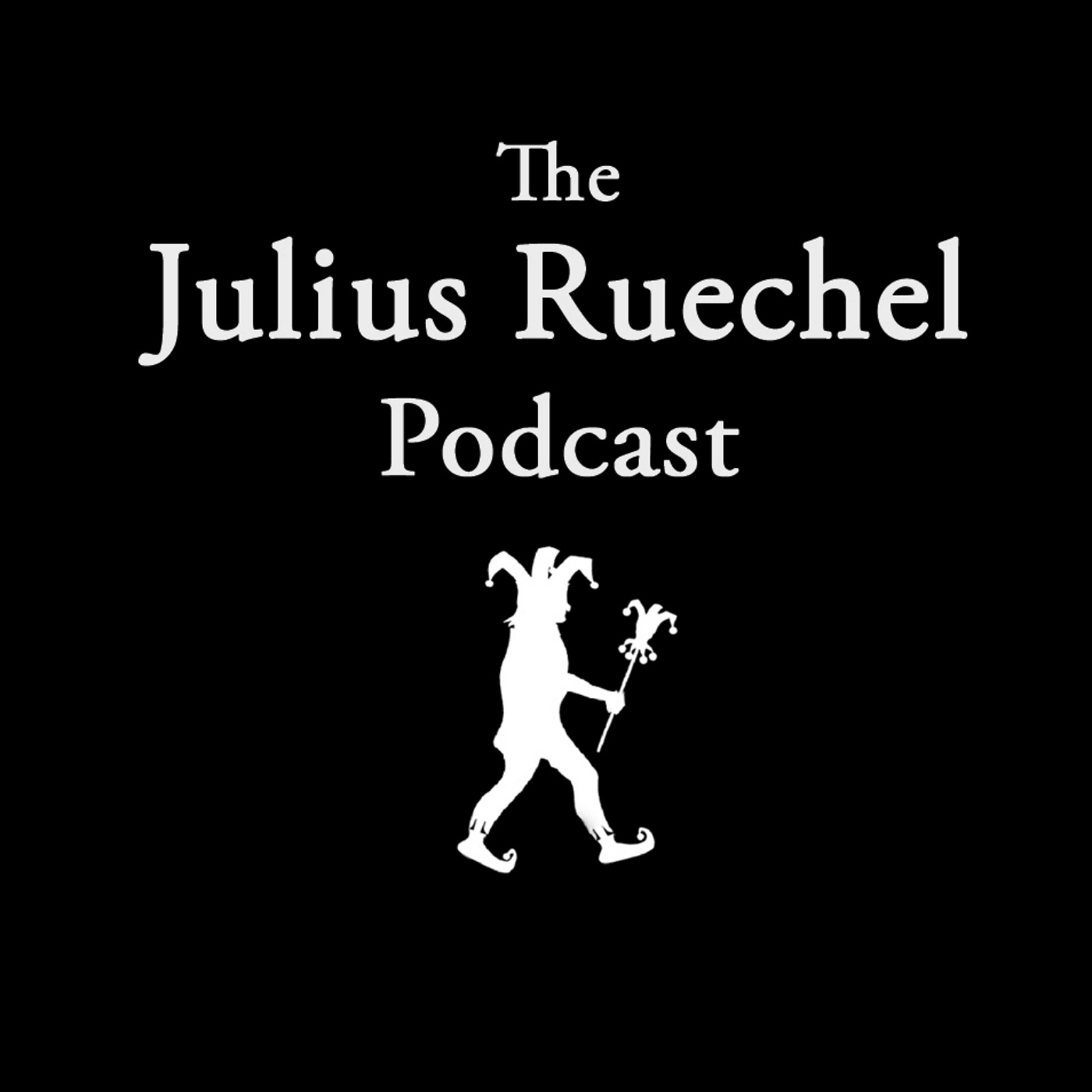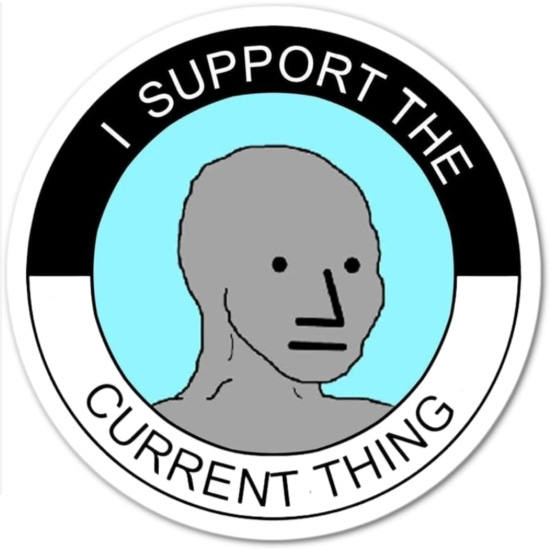The Psychological Unravelling of the West (Part 2) — Brain Games
Description
(If you’re reading this in your email browser, I recommend clicking on the title to switch to reading on the Substack platform (https://juliusruechel.substack.com) because most email programs truncate larger image-rich Substack posts.)
This is Part Two of my Deep Dive into the psychological unravelling of Western Civilization.
In Part One — Why Western Civilization Lost Its Mind — I explored the psychological pressures that are pushing society into dysfunction and chaos as all the civilizing forces that keep our feral human nature in check begin to break down.
In this second part of the essay — Brain Games — I will explore the many strange ways in which our brains work, which, when overlaid on the emergent political, institutional, and social crises that are enveloping civilization, explain many of the bizarre behaviours that are boiling out of society.
For example, will see how toxic ideas boiling out of our broken institutions can spread like wildfire through our hive-minded society, much like a faulty “software update” can spread through a network of interconnected computers. We’ll also explore our instinctive tribal nature and the implications of the Asch Conformity Experiment, which revealed how easily we succumb to group think.
We’ll also examine how the supposed hyper-individualism of the post-WWII era actually fueled an era of hyper-tribalism thanks to a phenomenon known as the “zeal of the convert”. And we’ll learn about the bizarre loyalty tests that monkeys impose on each other to test one another’s tribal loyalties.
We’ll also explore the strange analogy of the Rider and the Elephant (metaphors for emotional vs rational thinking), as well as the Stanford Prison Experiment, the Milgram Obedience Experiment, the primate studies that revealed the tyrannical rule that happens when a coalition of betas is able to overthrow an alpha, and discover how small intolerant minorities can impose a kind of dictatorial rule over tolerant majorities.
In the upcoming third and final part of this essay — A People Unfit for Democracy — I will explore the social cycles that have haunted humanity since the dawn of time as different forms of government rise, grow stale, and get replaced by the next stage — and the implications for our own era as our corrupted democracies teeter on the brink of exhaustion (make sure you subscribe to my Substack so you don’t miss it!)
~ ~ ~
1. How Faulty Software Updates Get Uploaded to the Hive Mind
Everyone thinks they know how to make a pencil until they’re asked how they would mine and refine the graphite to make the lead, how to build the chainsaw used to cut down the tree to make the wood, how to build the lathe to mill that wood into the shape of a pencil, how to mine and refine the steel required to build the lathe that mills the wood, how to make the machines that are required for mining and refining the raw iron ore required to make that steel, and so on. (If you’ve never read the famous story of I, Pencil, I encourage you to read it here.)
What’s true about pencils is true about virtually all of civilization, including most of the thoughts and beliefs we carry with us. We each have a tiny area of direct experience and expertise, but beyond that we merely function because we tap into the knowledge and wisdom of a greater whole as we rely on the expertise of others to carry us through life. We are not fully autonomous individuals; we are wholly dependent on being plugged into a much larger functional herd.
And the more complex society gets, the more dependent we become upon the expertise of others. No other animal species collaborates so fully with other non-related members of its own species. In effect, we each are merely cogs in a much larger unit — civilization happens when all those separate parts come together.
In order to navigate this complex society, every individual quite literally builds a seemingly coherent mental map of the world by adopting/outsourcing information, technology, and skills from others. What choice do we have — it’s the only way to navigate the vast complexity of human society. Without that outsourced second-hand knowledge, skills, and technology, we’re reduced to an atomized collection of individuals scrambling to live hand-to-mouth.
Individually, our mental map of our world may be wholly incomplete, deeply flawed, and full of irrational beliefs, but as long as we continue to successfully perform our little part within our larger functional society, civilization blooms nonetheless. As long as the information and technology circulating in society is grounded in some version of reality, flawed individuals with limited information can collaborate to create a functioning whole.
I know that plate tectonics and viruses and the vacuum of space are real. And yet, I’ve never seen the continents move, seen a virus with my own naked eye, or experienced the cold emptiness of outer space. I rely on the knowledge, calculations, and experiences of others. But as long as those ideas pass through a functioning institutional process that serves as a kind of gauntlet to separate the good from the bad, I can thrive nonetheless based on my own incomplete and outsourced mental map of how the world works.
The same is true of our understanding of philosophy, history, morality, and so on, which are all essentially ideas imported into our minds from others — mostly through memorization — and then we build our own lives and choices on top of that imported knowledge base.
But what happens when the ideas boiling out of our institutions and being shared within our peer groups become compromised by corruption, self-interest, or ideology? And what if something as simple yet fundamental as freedom of speech has been suppressed for political purposes, which makes it all that much harder to course-correct?
Garbage in, garbage out.
If the processes I trust to deliver accurate information begin to spew nonsense, then I will build a coherent map of the world based on that nonsense and not know the difference. And I will begin to act upon those nonsensical beliefs.
That’s when the glue that enables a cohesive collaboration between flawed individuals begins to come apart. Planes start falling out of the sky. The lights begin to flicker. And what counts as “moral” and “true” unravels into chaos.
In the late stage of the civilizational cycle, which I discussed in Part One of this essay, when all the institutions and core assumptions are corrupted, politicized, or obsolete, increasingly bizarre beliefs begin to boil out across the whole of society — even as all the institutional processes that normally filter information become too corrupted and too politicized to purge those falsehoods before they become embedded in the minds of greater society. These erroneous beliefs are then compounded as other individuals, politicians, activists, and corporations upload those faulty ideas, incorporate them into their “operating system”, and even learn to weaponize them against others for their own benefit.
And so, that’s how we get from a philosophy of “sticks and stones may break my bones” to a new era in which we censor factual information to protect “permanent victims” from “emotional trauma”, backed by an entire rotten academic community churning out rotten research that cherry-picks evidence to make eloquent arguments in support of that idea.
Like a software update gone wrong, as the institutions start spewing nonsense, those faulty updates spread like a mind virus throughout society as society attempts to behave in a way that is consistent with those faulty uploaded beliefs.
The main difference between a society steeped in superstition and a society steeped in evidence-based thinking is not the people themselves — most are exactly the same faulty, superstitious, irrational human beings — for the most part, the only difference is the guardrails of the institutions that filter and spread knowledge.
Humans may not be logical, and they may be very bad at long-term second-order thinking, but they are extremely creative, adaptive, and opportunistic. So, if inventing another gender, or wrapping themselves in victimhood, or catering to dominant political narratives leads to power or resources, most will not hesitate to do it. And many will not even realize there’s anything wrong with their thinking because none of their previous beliefs were acquired due to anything other than mimicry either.
Such is the illogical nature of our human species.
In 2011, researchers at the Rensselaer Polytechnic Institute conducted a study into how ideas spread. They discovered that “when just 10 percent of the population holds an unshakable belief, their belief will always be adopted by the majority of the society.” In other words, once an idea (good or bad) reaches 10% penetration of the population, that’s the tipping point when that idea goes mainstream. A few quotes from the linked article tell a damning tale:
“When the number of committed opinion holders is below 10 percent, there is no visible progress in the spread of ideas. It would literally take the amount of time comparable to the age of the universe for this size group to reach the majority.”
“Once that number grows above 10 percent, the idea spreads like flame.”
“[As] true believers began to converse with those who held the traditional belief sy

